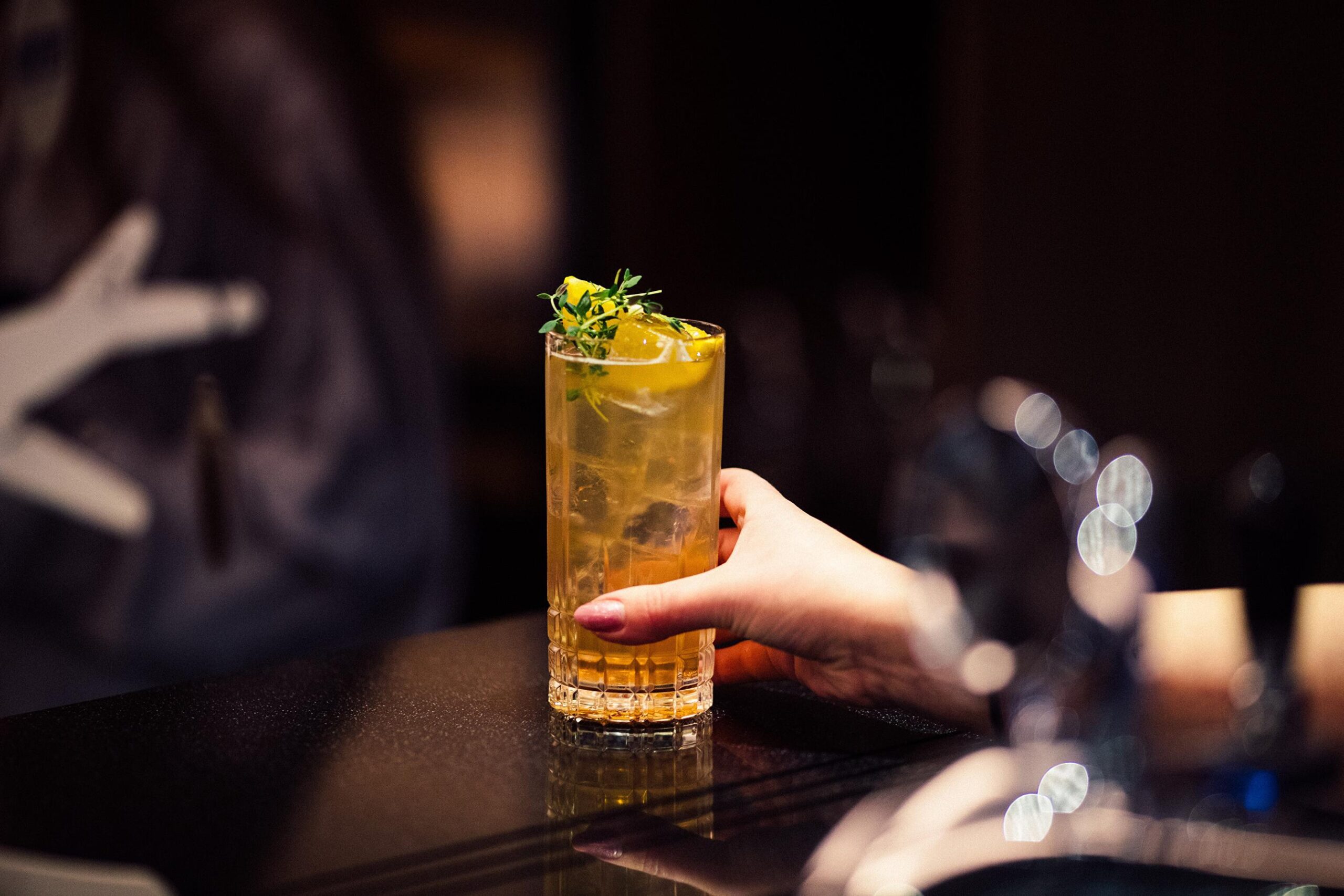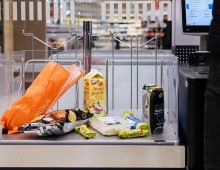According to statistics, each adult consumes an average of 11 liters of pure alcohol per year. This equates to half a liter of vodka or two and a half bottles of wine per week. Health advocates are increasingly concerned about the growing prevalence of excessive drinking among women.
Sirje, a former pharmacist, is seeking help at the Village of Hope (Lootuse Küla) for the second time. “This is my last chance,” she said, recalling a past attempt to end her life. Her journey to recovery began with a seemingly harmless habit: a pre-bedtime beer or cider to ensure a good night’s sleep. As a pharmacist, she avoided sleeping pills, knowing the potential for dependency.
“The first five years, I only drank at home in the evenings,” Sirje explained. “Then it extended to weekends. It would start with a morning trip to buy groceries, and I’d pick up some alcohol. Cleaning the house or making pancakes for the kids became more enjoyable, and drinking on weekends turned into a habit. Over time, the quantities increased.”
Sirje’s story reflects a broader issue in Estonia: alcohol is easily accessible, making it hard for those struggling with dependency to resist temptation. Even simple grocery runs often led her to leave the store with beer.
A common misconception is that mothers struggling with alcohol addiction do not care about their children. However, Sirje emphasizes that addiction often overpowers their best intentions.
More read: ERR.EE


















